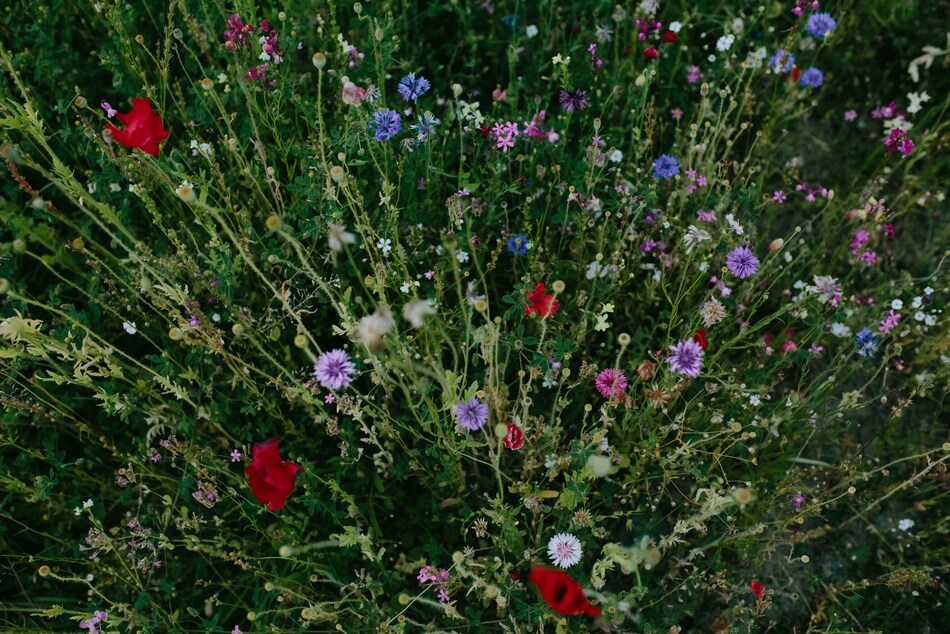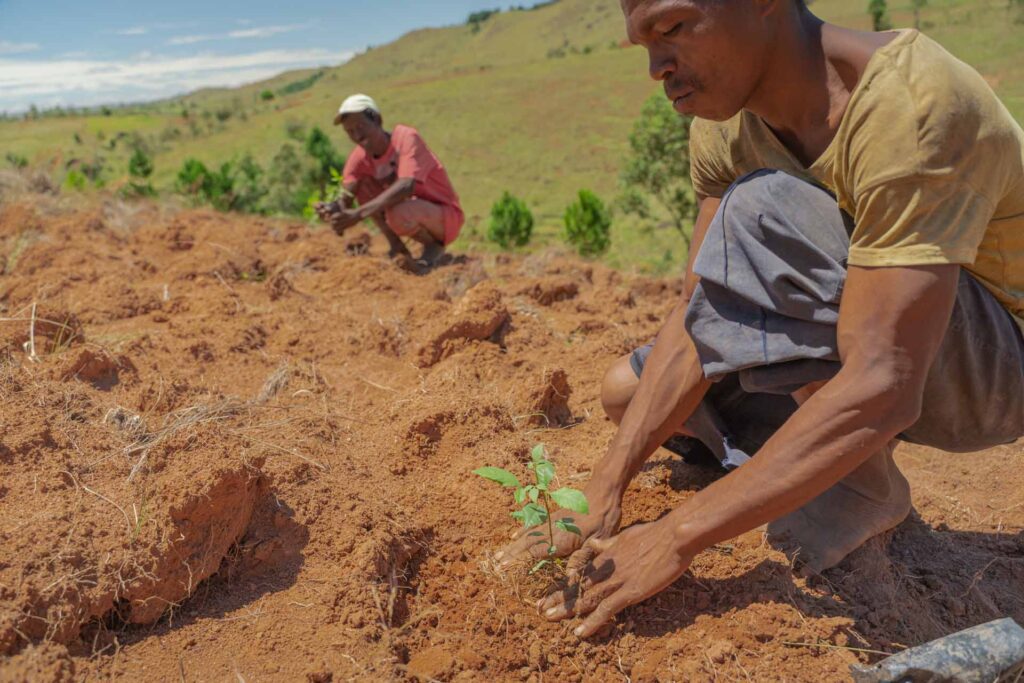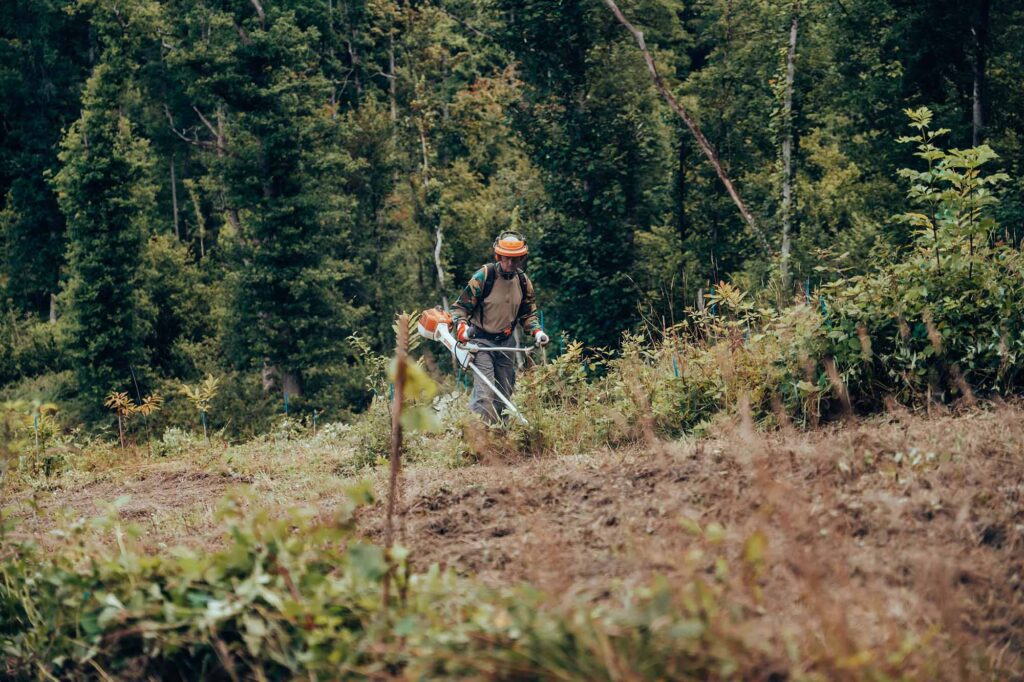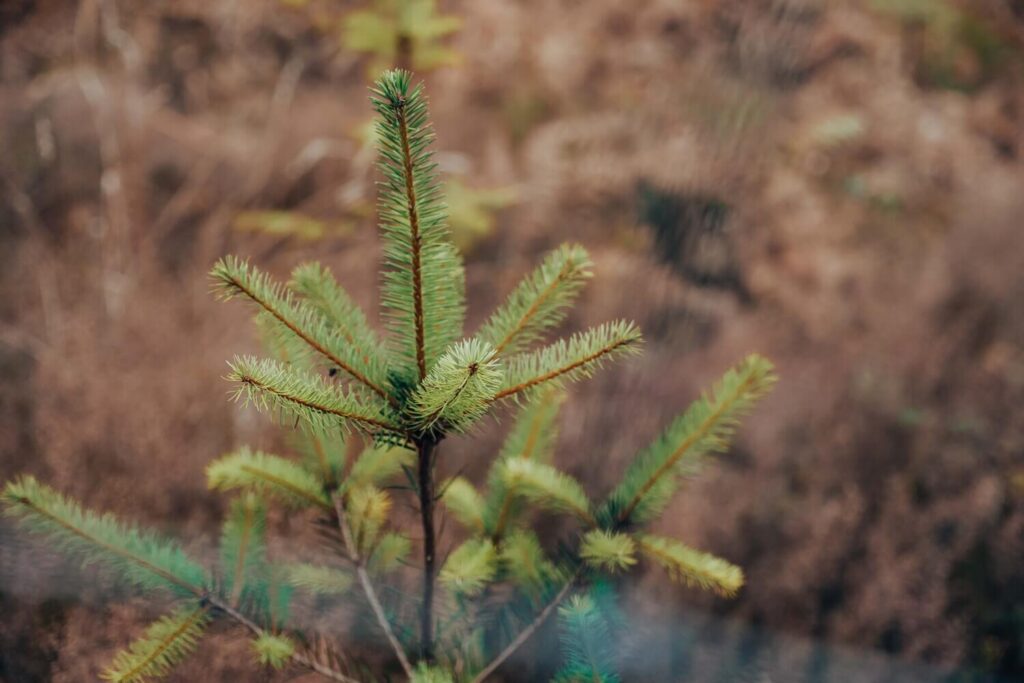They may be small and easy to overlook, but bees are essential to life on Earth. While we often associate them with flowers and honey, their role in maintaining ecosystems reaches much further. They support the regeneration of forests, help biodiversity flourish and connect countless elements of the natural world. In this blog post, we explore why bees are under threat, what makes them so important for forests, and how we at Go Forest contribute to a future where both bees and forests can thrive.
So, what's going on with the bees?
Bees are quietly disappearing. Not all at once, but gradually. And with them, we risk losing far more than just a buzzing insect. Across the world, bee populations are declining due to a mix of pesticides, disease, monoculture farming, climate change and the loss of natural habitats.
As their numbers fall, so does pollination. Plants and crops produce fewer fruits. Ecosystems become unbalanced. Nature begins to lose its ability to adapt, and people may only realise the consequences when it is too late to reverse them.
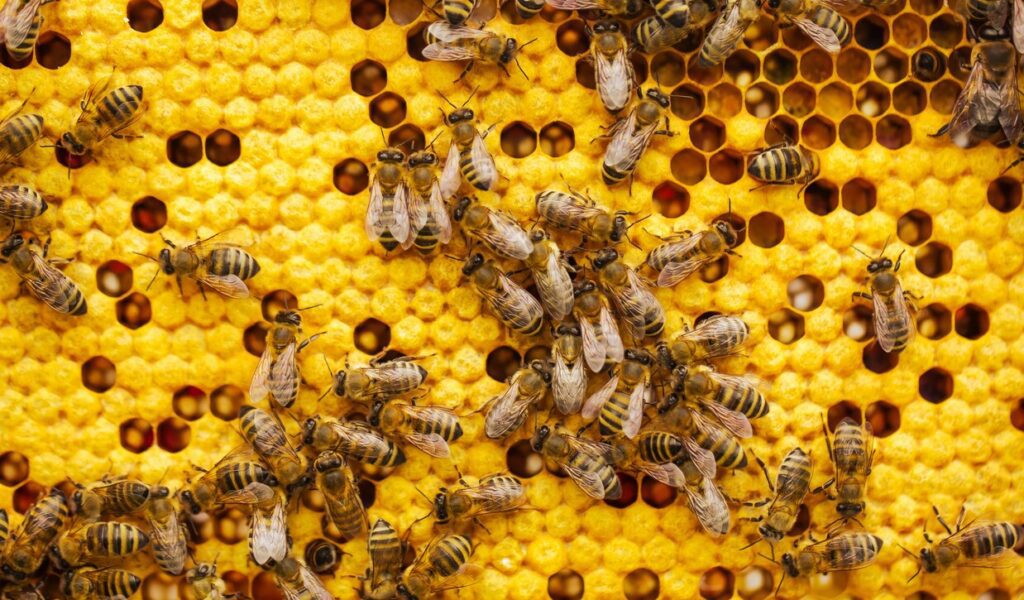
The problem is closer than it seems
This is not just a global concern. In Belgium, bee populations are under serious pressure. Of the hundreds of wild bee species found here, nearly half are endangered or already gone. The effects are visible not only in natural reserves but also in home gardens and on farms.
Without bees, apple trees stay bare. Vegetable gardens grow quiet. Flowering meadows lose their colour and life. Bees play a vital role in our local food production, in the health of our ecosystems and in the richness of the landscapes we love. Their disappearance is a slow but tangible loss.
Bees and forests depend on each other
We may be used to seeing bees in gardens and fields, but they are just as important in forest ecosystems. These pollinators help trees and shrubs reproduce, allowing forests to renew themselves. Without bees, there are no fruits. Without fruits, no seeds. And without seeds, no new trees.
But bees also need forests in return. They depend on natural diversity to find food, shelter and nesting places. Forests provide hollow trees, flowering shrubs and nectar-rich plants that allow bees to flourish. When that diversity disappears, bees struggle to survive.
At Go Forest, we believe that planting trees is not the end goal but the beginning of something greater. In Peru, we work with our local partner Camino Verde to support communities who raise Melipona bees. These stingless bees produce powerful medicinal honey and are responsible for pollinating hundreds of tree species, including rare and endangered ones. By combining reforestation and pollinator protection, we help restore ecosystems that can sustain themselves. These living, resilient landscapes offer space for nature and people to grow together.
👉 Read why our first Go Forest project started in the Amazon
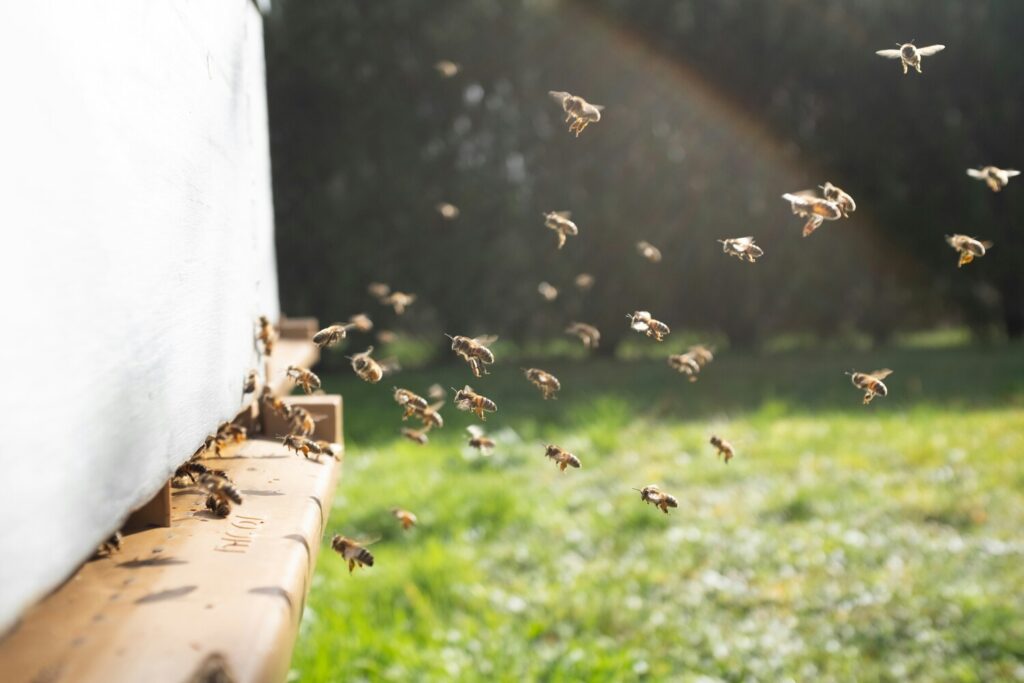
The bee as a mirror of our society
At first glance, the world of bees may seem far removed from our own. But if we take a closer look, the similarities become clear. Bees live in strong communities where every member has a role to play. They work together, care for one another, and contribute to a greater whole. Their strength lies not in individual power but in harmony. There is no chaos, only balance between rhythm, responsibility and place. Perhaps that is why we are so drawn to them. Bees show us how life could be when care, connection and collaboration are our foundations.
Biesous brings that same perspective to people and organisations. With deep respect for nature, founder Margot creates experiential journeys around culture, leadership and wellbeing. These journeys are not built on strict methods but inspired by nature itself. She invites teams into the world of bees, both literally and symbolically, offering space to slow down, reflect and reconnect with what truly matters.
What you can do
You do not need to be an expert to make a difference. Every small action counts.
- Plant flowers and shrubs that attract bees
- Let your garden or balcony grow a little wild
- Avoid pesticides and artificial fertilisers
- Choose local, bee-friendly and biodiverse products
- Or support reforestation by planting a tree through Go Forest
Bees and forests are deeply connected. When we take care of one, we help protect the other. Whether in the Amazon rainforest or in a quiet Belgian neighbourhood, caring for bees and forests is always a step toward a more resilient future.
